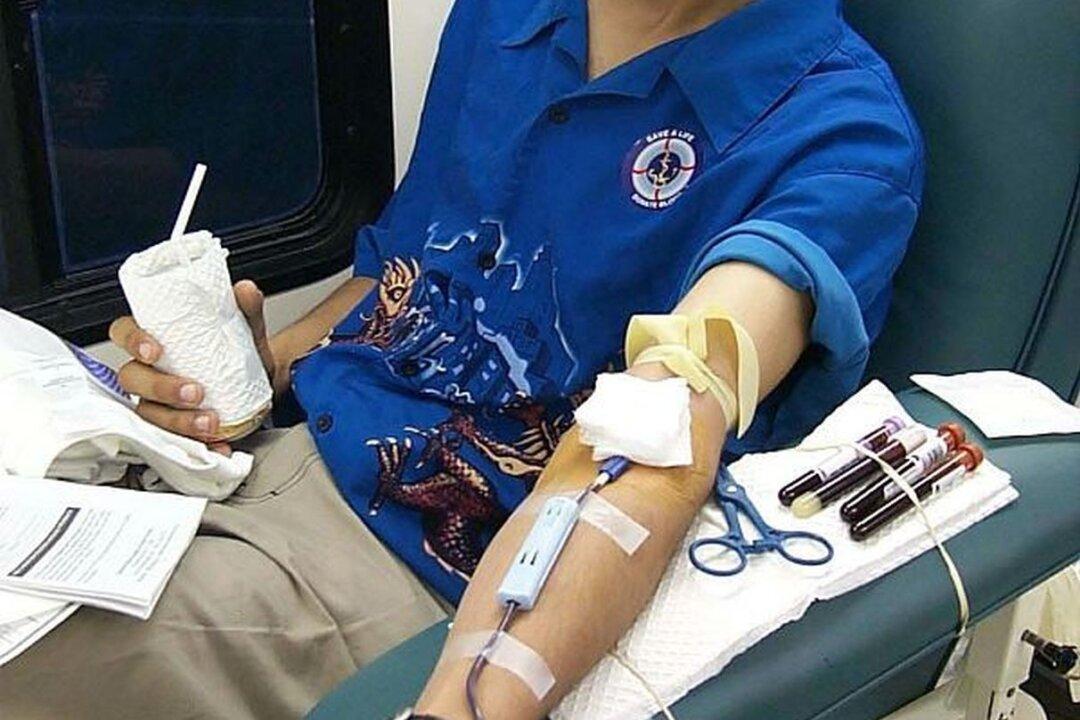The U.S. Food and Drug Administration (FDA) is warning about “vampire” treatments that involve injecting plasma from young donors in an attempt to reverse aging, saying it hasn’t been proven to have medical benefits.
The procedure works as follows: People are infused with the blood from young people, and clinics claim that the procedure is like a fountain of youth. Claims include slowing memory loss, aging, dementia, and a whole host of issues.





